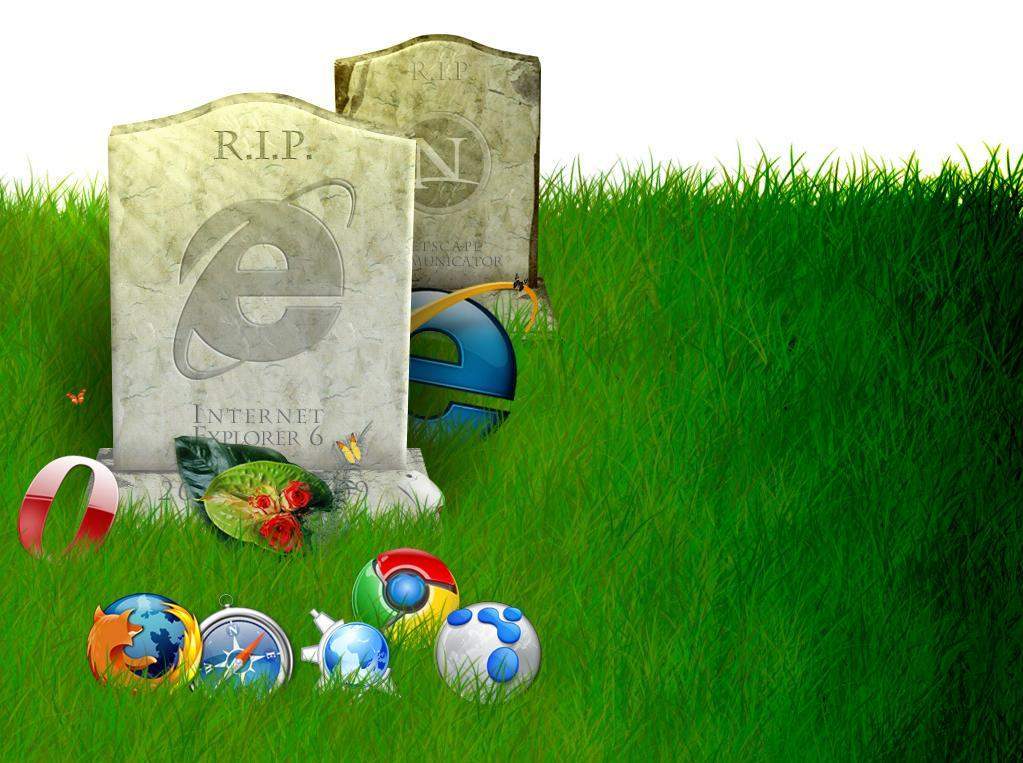 NEWS
NEWS
 NEWS
NEWS
 NEWS
NEWS
Microsoft will drop support for several iterations of its Internet Explorer browser from Tuesday next week.
On January 12, Microsoft will introduce a new policy on browser support, which means that most older version of IE will not be updated anymore.
It’s pretty complicated though, because the versions of IE which are no longer supported depend on which version of Windows you are running. Microsoft’s policy is to support only the most recent compatible version of its browser for your operating system, which means updates for all older versions will be dropped. Microsoft is doing this become some of the latest IE builds can’t run on older versions of Windows, which necessitates keeping some of the older browsers alive.
For those running Windows 7, the most popular version, and later versions, it’s fairly simple. Microsoft will only be updating IE 11 from now on, which means if you’re running IE 10 or older you’ll have to move on.
Windows Server is a bit more convoluted. Microsoft said that for those running Server 2008 SP2, it will continue to support IE 9. However, Windows Server 2008 R2 SP1 will only support IE 11. Meanwhile, Windows Server 2012 will retain support for IE 10, while those running Windows Server 2012 R2 will be required to embrace IE 11 to stay up to date.
On Tuesday, Microsoft will issue an update prompting all Windows 7 users to upgrade IE to version 11. Those who wish to stick with an older version can do so, and can disable notifications with this registry hack.
For those worried about running their older browser-based apps, Microsoft offers compatibility through Enterprise Mode to IE11. Using this special mode, enterprises will be able to continue using their legacy apps without modifying them. The Enterprise Mode supports browsers all the way back to IE 5, so that should do away with the concerns of most IT admins.
Nonetheless, Microsoft is urging people to upgrade where possible, and warns of the consequences of failing to do so.
“Without critical browser security updates, your PC may become vulnerable to harmful viruses, spyware, and other malicious software which can steal or damage your business data and information,” the company said.
THANK YOU